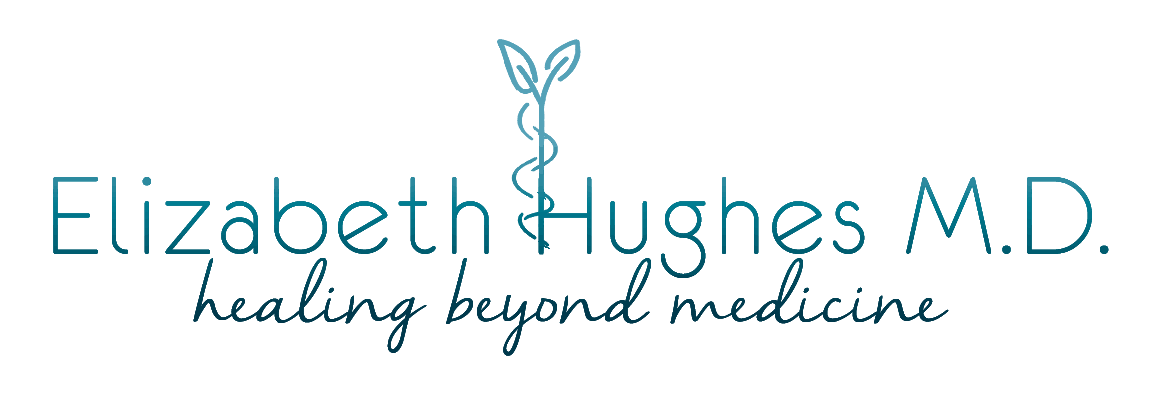Fear is the Last Thing We Need in Medicine

I know exactly how she feels. I have felt that fear many times.
On my first call night at the Philadelphia VA, as I walked through the hospital around midnight, the pockets of my white coat bulging with the same crib sheets Dr. Ofri carried, I was abruptly gripped by panic when it dawned on me I was the most senior doctor in building. If something went wrong, if someone stopped breathing or fell or had a seizure or spiked a fever — or if all of these events happened at the same time — there was no backup. I was it.
Confronting moments of fear like these is an inevitable and necessary part of medical training. It’s impossible to be competent, practicing physician if you haven’t faced this crucible of fear. On this point, Dr. Ofri see eye to eye.
But when she says fear is “inextricably linked to the practice of medicine,” I can’t disagree more.
Dr. Ofri believes she cannot function as a physician without fear. She likens her fear to an abdominal abscess which occasionally leaks, saying, “There’s a baseline seepage of fear into my bloodstream so I can function in my day to day work.” And, “If we eradicate our fears completely, we become one of those cocky cowboy doctors.”
Fear doesn’t help anyone in the long term. Fear is a destructive emotion, one which has no place in medicine or any other therapeutic environment. No one needs an infusion of fear in their daily lives. And no one should think an infusion of fear is necessary.
Here are some facts about chronic fear:
- Fear leads to decreased cognitive function. As Dr. Ofri rightly points out, when a person is in a state of fear, he is less able to take in and evaluate information, and then use it to synthesize a solution.
- Fear clouds a person’s judgment of himself. People who are afraid are plagued with doubt, leaving them uncertain about their ability and competency.
- Fear clouds a person’s judgment of others. People who are afraid are untrusting and likely to interpret the actions of others as threatening.
- People who are afraid have difficulty forming relationships with other people.
- Fear can be contagious. People who are fearful spread this others.
None of these qualities belong in medicine. Doctors should be the opposite of fearful. The fear Dr. Ofri believes is necessary is actually poison, tainting every part of a doctor’s professional life.
Fear is the last thing we need in medicine. We doctors should feel respect for the person who has come to us for help, responsibility to use our skills wisely, awe at the intricacy of the human body, and gratitude for having the opportunity to help others in such a profound way.
The emotion medicine needs is reverence, not fear.
So if you’re a doctor and you’re reading this post, it’s time to drain your abscess of fear. Don’t let yourself be poisoned anymore. Instead cultivate a sense of reverence. You’ll be a better doctor for it.

